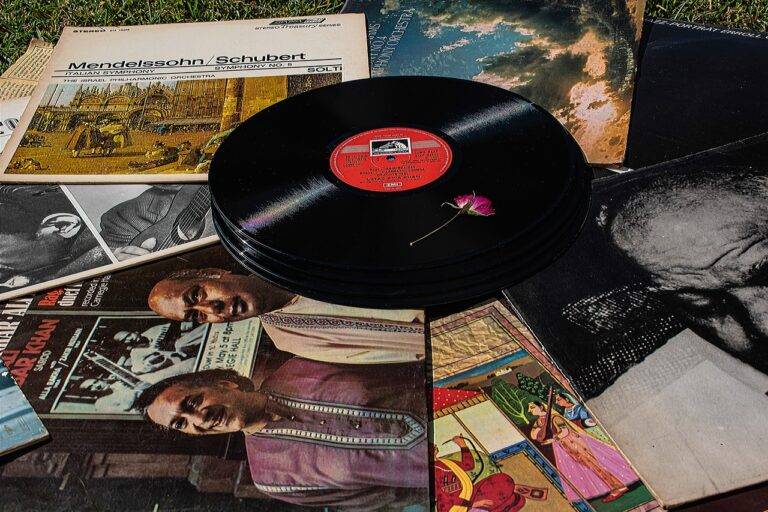Exploring the Impact of Deepfake Technology on Entertainment Industry Ethics
Deepfake technology has been making waves in the entertainment industry, revolutionizing the way movies and television shows are produced. This cutting-edge technology allows filmmakers to seamlessly superimpose one person’s face onto another’s body, creating incredibly realistic simulations of people saying and doing things they never actually did.
One of the biggest advantages of deepfake technology is its ability to bring deceased actors back to the screen, allowing for new projects to be completed or giving fans the chance to see their favorite stars in roles they never had the opportunity to play. While this technology has opened up endless possibilities for filmmakers, it has also sparked debates about the ethical implications of manipulating someone’s likeness without their consent.
Understanding the Ethics Behind Deepfake Technology
When exploring the concept of deepfake technology, one of the most pressing ethical concerns that arise is the issue of consent. In many instances, deepfake videos are created using images or videos of individuals without their knowledge or permission. This raises significant questions about privacy and the right to control one’s own image in the digital age. The ability to manipulate someone’s likeness in such a realistic manner without their consent can have serious implications for individuals’ reputations and relationships.
Another ethical dilemma surrounding deepfake technology is the potential for misuse in spreading misinformation and propaganda. With the increasing sophistication of deepfake software, it has become easier to create highly convincing videos that can deceive viewers into believing false information. This poses a threat to the credibility of information and media in a world where discerning truth from fiction is already a growing challenge. The spread of deepfake content has the potential to undermine trust in the authenticity of visual media and further polarize society.
Implications of Deepfake Technology on Celebrity Image Rights
Deepfake technology presents a unique challenge to the protection of celebrity image rights. With the ability to superimpose someone’s likeness onto various videos or images, the line between reality and fiction becomes increasingly blurred. This raises concerns about the unauthorized use of a celebrity’s image for deceptive or malicious purposes without their consent.
Furthermore, the widespread dissemination of deepfake content can also harm a celebrity’s reputation and credibility. Once manipulated content is released online, it can be challenging to control its distribution and prevent its negative impact on a celebrity’s public image. This raises questions about the legal recourse available to celebrities whose likeness has been exploited through deepfake technology, and the need for robust measures to safeguard their image rights in the digital age.





